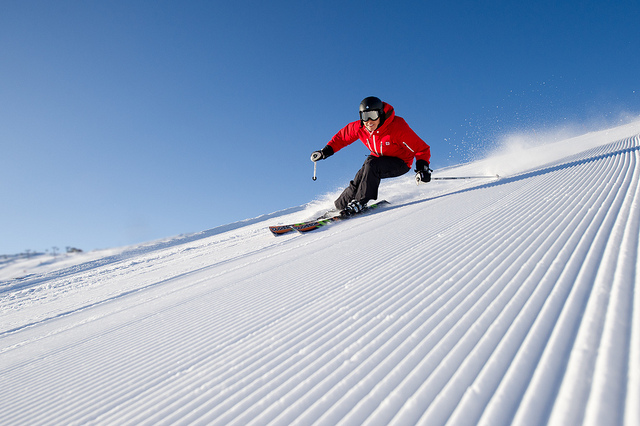Before tumbling down tracks, verify that your insurance contracts cover the practice of the winter sports. Civil liability, bank cards used to pay fixed prices, they exist of numerous solutions to take advantage serenely of your holidays...
For example, if you pay with a Visa card First one or Gold MasterCard you will have automatically a guarantee, whereas if you don't have insurance with your bank card, contract an adequate temporary insurance for all the duration of your stay.
Carré Neige and Carte Neige insurances are both types of French winter insurance cover that can be purchased by anyone living in the EU.
How much can help cost?On average, help on track (runway) can go from 170 € to 314€ and to off-piste skiing 693€
These prices are an estimate.
- Help on track (runway) in distant zone: 385€
- In the bottom (stocking) of tracks (runways) towards hospital: 278€
- Tracks (runways) towards doctor's practice: 173€

